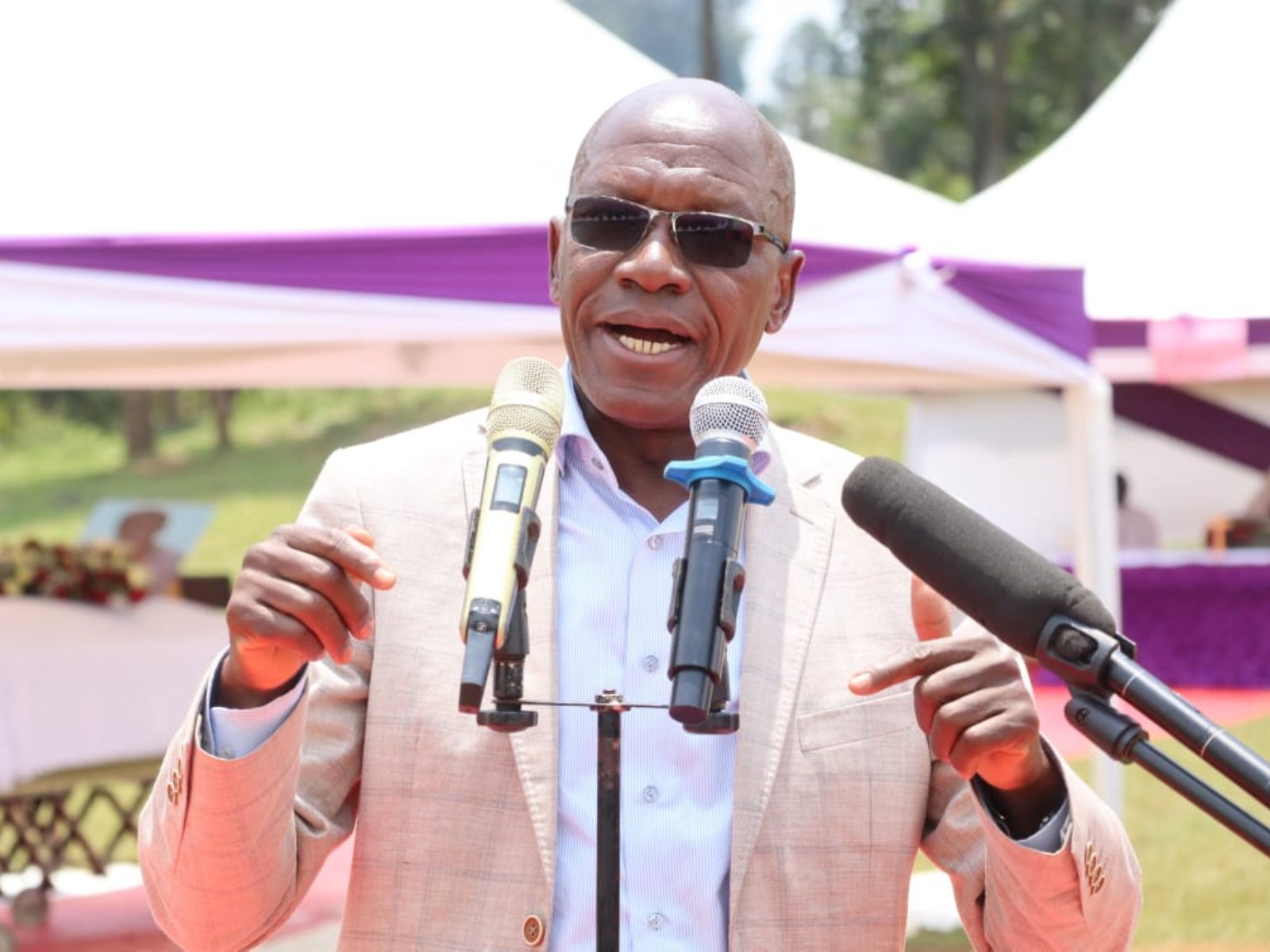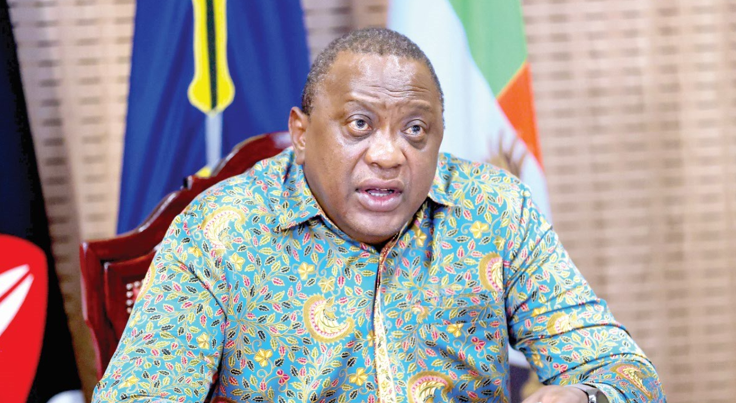How Kenya plans to push tourism revenue to Sh824b

Kenya’s tourism sector has set an ambitious target of increasing tourism revenue from Sh352 billion to Sh824 billion by 2027.
The initiative under Tourism and Wildlife Cabinet Secretary Rebecca Miano aims to revitalise and expand both international and domestic tourism through a policy review that aligns with modern preferences and trends in the industry.
During an interview with the Business Hub, Miano emphasised that the policy review will leverage technology, and enhance the integration of sustainability, climate change, and wildlife conservation.
“By focusing on these areas, the policy can create a more attractive, sustainable, and visitor-friendly environment. This approach is designed not only to attract more visitors but also to ensure that tourism growth is sustainable and beneficial for both the environment and local communities,” she said.
Pre-pandemic levels
According to the first UN World Tourism Barometer of the year, international tourism ended 2023 at 88 per cent of pre-pandemic levels, with an estimated 1.3 billion international arrivals.
The unleashing of remaining pent-up demand, increased air connectivity, and a stronger recovery of Asian markets and destinations, are expected to underpin a full recovery by the end of 2024, the report wagers.
Kenya’s tourism ministry reported that tourist arrivals grew to 2.086 million last year, with projections estimating five million arrivals by 2027. Domestic tourism has also shown resilience, recording 2.25 million bed nights, a 10 per cent increase from the previous year’s figures of 2.06 million.
This surge highlights a rising interest among locals in discovering Kenya’s diverse landscapes and rich cultural heritage. Currently, the sector employs approximately 1,767,158 individuals, accounting for about 5.5 per cent of national employment. One of the key areas of focus in the new policy is transitioning from traditional marketing methods to digital platforms for international branding.
Miano noted that this shift will streamline booking processes and facilitate payments through various digital tourism platforms. “By leveraging technology, we aim to create a seamless experience for tourists from the moment they plan their trip until they return home,” she explained.
The policy emphasises integrating smart technologies such as digital guides, smart tickets, and mobile applications designed to enhance convenience and safety for travellers.
In collaboration with tech giants like Google, the ministry is working on digitally mapping Kenya’s national parks and wildlife reserves. This initiative will allow potential visitors to explore these breath-taking locations virtually before making their travel decisions. She said that the use of augmented reality (AR) and virtual reality (VR) technologies is expected to further increase interest in Kenya’s natural beauty and unique wildlife.
The shift towards digital marketing has proven to be a game-changer for Kenya’s tourism industry. By harnessing social media platforms and collaborating with influencers, the ministry aims to increase visibility and attract potential visitors from around the globe. Miano stated that “integrating technology and tourism will enhance visitor engagement, support local innovation and entrepreneurship, and boost Kenya’s reputation as a top travel destination.”
Visitor experiences
The National Tourism Policy also aims to diversify tourism products significantly to enhance visitor experiences. By focusing on cultural tourism, wellness retreats, adventure tourism, and eco-tourism, Miano believes that Kenya can cater to a broader audience while enhancing its appeal as a multifaceted destination.
The CS said her ministry is integrating climate change adaptation into the policy to enhance resilience against environmental challenges such as droughts and floods.
This includes promoting eco-friendly accommodations and effective waste management through the East African Criteria for classification.
Additionally, the ministry is launching carbon offset initiatives such as reforestation and clean energy projects to mitigate the environmental footprint of tourism.
To further promote sustainability, the ministry is developing a comprehensive monitoring and evaluation system aimed at tracking both environmental and social impacts of tourism initiatives.












